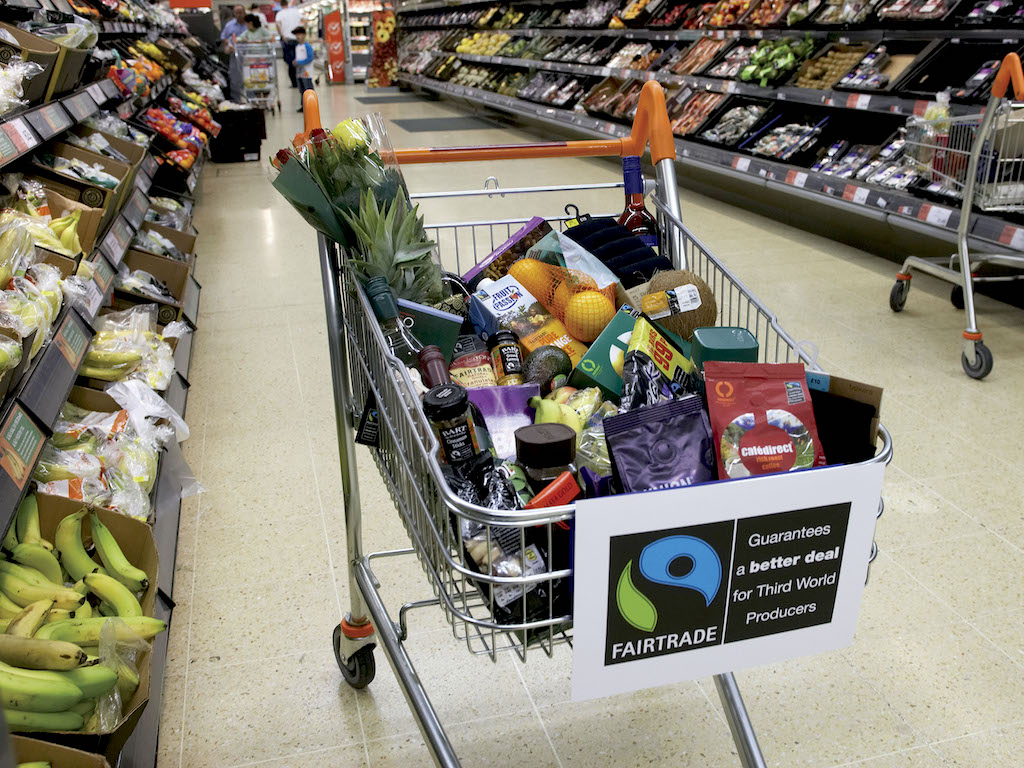FSC & Fair Trade Labels Under Fire: New Report Says Ethical Certifications May Be Hiding Human Rights Abuses
3 Mins Read
A new report conducted by human rights organisation MSI Integrity reveals that ethical labelling and certification schemes may be concealing potential human rights abuses and enable governments to continue to ignore these disreputable business practices. Among some of the labels that the report pointed out include Fairtrade International and the Forestry Stewardship Council (FSC), which has been supported by some of the biggest brands in the world, including Nestlé, Coca-Cola and Apple.
Titled Not Fit for Purpose, the report draws on a decade of research into 40 multi-stakeholder initiatives (MSIs), which have grown popular as a voluntary response from global corporations after widespread criticism over violations across their supply chains. According to the research, many of these certifications, including those that feature on front-of-pack labelling schemes, are failing to hold companies accountable for their ethical conduct.
Shockingly, almost a third of the MSIs examined in the study did not have any grievance mechanisms for workers to report abuses or complaints, and of those that did, the standards were not transparent, accessible or equitable as according to the United Nations’ guiding principles on business and human rights.
Read: Is your Starbucks coffee supplied by child labour?
Among some of the most well-known MSIs include the FSC, Rainforest Alliance and Fairtrade International, which have been embraced by multinationals such as Nike, Coca-Cola, Shell, Nestlé and Apple.
Over 10,000 participating companies in 40 MSIs across 170 countries were sampled for the report, comprising a huge range of sectors, including the sugar, palm oil, minerals, seafood, electronics, cocoa and jewellery industries.
In addition to failing to detect abuses, MSI Integrity analysts found that most initiatives tend to be top-down approaches and disproportionately biased in favour of corporate interests. Only 12.5% of the MSIs in the sample examined affected populations in their governing bodies and measurements, and none of them had a majority of rights holders members in their boards.
Read: Your favourite chocolate bar is fuelling deforestation in Indonesia despite “sustainability facade”
“As long as company decisions continue to be made by managers or board members who are divorced from experiences on the ground, and who are legally obligated to prioritize the interests and profits of shareholders, businesses will continue to run the unacceptable risk of making decisions that harm people and the planet,” said Amelia Evans, executive director of MSI Integrity.
MSI Integrity therefore argues that future human rights interventions and campaigns must place rights holders – workers, communities and the individuals that are directly affected by the business in question – at the core of the solutions that are supposed to protect them.
“It is time to reimagine the corporate structure, and to demand business models that center workers and communities in their ownership and governance,” added Evans.
Given their findings, MSI Integrity also warned consumers that they should not rely on claims made by ethical labels or certifications suggesting that products may be “fair” or “sustainable”, as they may be masking ongoing abuses occurring across the supply chain.
Lead image courtesy of Co-op.




